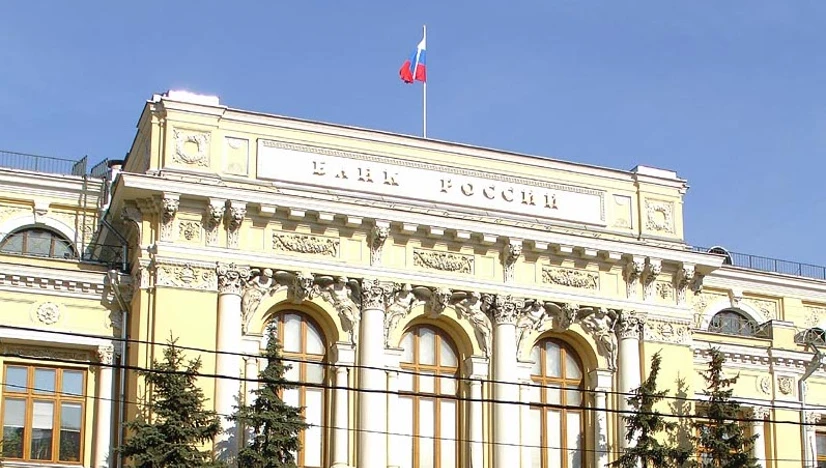The Monetary Consequences of Vladimir Putin

"File:Moscow, Neglinnaya 12, Central Bank.jpg" by NVO is marked with CC BY 2.5.
Project Syndicate, 2022
The article discusses whether the turning point in EU's Russia policy with sanctions aimed directly at Putin's war chest of foreign reserves will change the landscape of countries' foreign assets. Eichengreen reflects the development of foreign reserves in the last decades and argues - against the initial thought - that currency reserves in China are no coherent alternative to the current situation, primarily because of accessbility. Furthermore, it is explained how institutional and political actions are important for the relevance of specific currencies as foreign reserves and thus shows the limitations of certain currencies (such as the renminbi in China) as leading reserve currencies. The articles concludes that rather than a migration of foreign reserves in certain non-sanctionizing countries, we will more likely observe a general shift in reserve policy matters; specifically a moving away from war chests full of foreign reserves to a tenet of holding fewer reserves.
Comment from our editors:
Barry Eichengreen depicts possible trajectories following the current watershed moment in EU's foreign policy. The article is very accessible and provides economic beginners and non-economists with a brief outlook on future monetary developments.
Go to: The Monetary Consequences of Vladimir Putin
